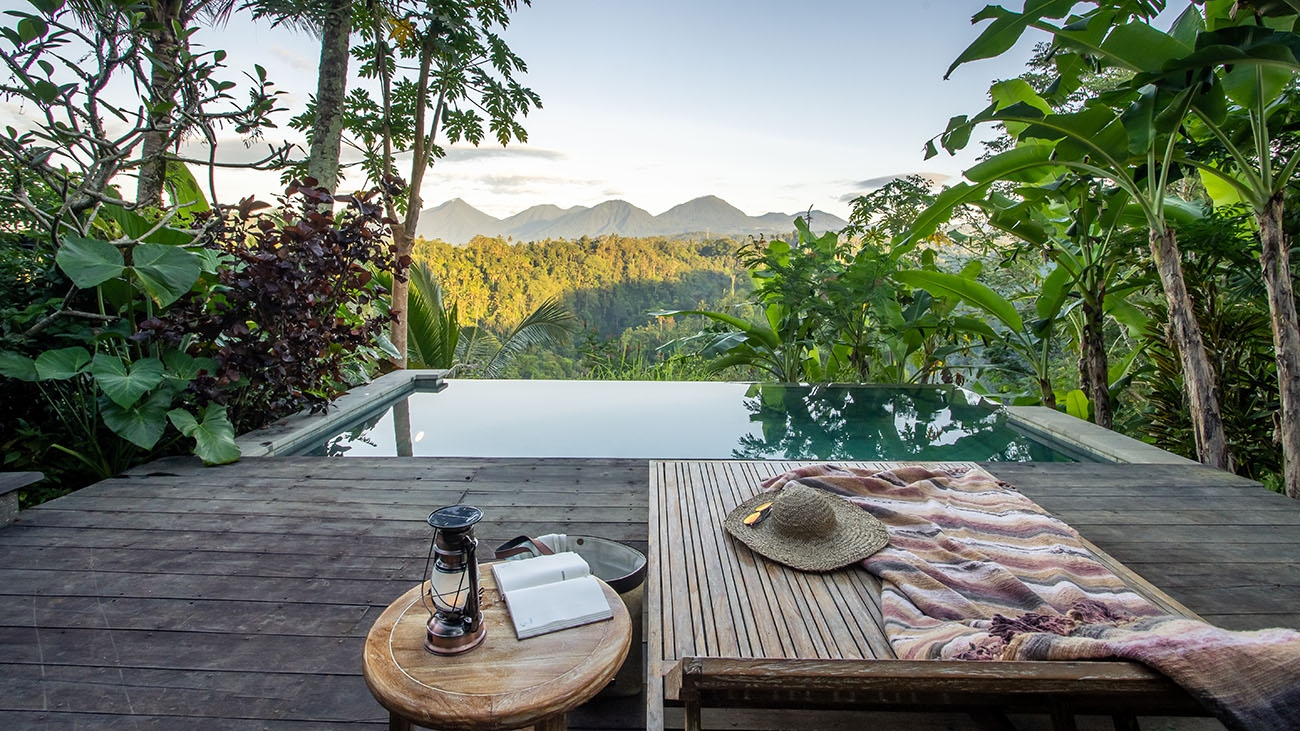Special Report: Eco-luxury
The buzz around sustainability continues to grow. A heightened awareness of issues such as climate change, single-use plastics and threats to biodiversity has resulted in Brits now implementing eco-minded decisions in their day-to-day lives.
Naturally, this is reflected in their travel choices. A sustainability survey from Abercrombie & Kent last year showed 61% of those aged 18-34 would choose an environmentally-friendly holiday, a stat that falls to 41% for those between 35 and 54 and 21% for over-55s. In the luxury sector, having green credentials has evolved from a nicety to a necessity, with eight in 10 travellers now looking for sustainable tourism experiences, according to Fairmont Hotels & Resorts. Tourists are wising up to the impact of their carbon footprint and, in turn, are looking to agents and suppliers to arm them with the tools to instigate positive change while travelling.
Plastic problems
Fortunately, the number of luxury travel players with a green leaning has never been so vast. Following the crackdown on single-use plastic, eradicating the material is a top priority for properties tapping into the ‘eco-luxury’ trend.
Six Senses, renowned for its sustainable approach, ousted plastic straws in all its resorts in 2016 and plans to be entirely plastic-free by 2022. Cruise lines such as Oceania Cruises are also supporting the battle against plastic by unveiling greener strategies.
Smaller brands are among the leaders when it comes to sustainable practices. Zannier Hotels’ Phum Baitang in Siem Reap, Cambodia, has replaced plastic entirely. The 45-villa development has a water treatment facility that provides clean, fresh and drinkable water all year round to guests. Water is placed in reusable, purified glass bottles and served with a resort-grown bamboo straw. And it’s not only hotels – on April 1 Barbados introduced a country-wide ban on the importation, retail, sale and use of petroleum-based, single-use plastic.
Energy savings
Energy usage and output is also a concern as more properties strive to be carbon neutral and self-sufficient. One such resort is The Brando in French Polynesia, which is powered by renewable energy sources such as solar panels and biofuel, and uses a seawater air-conditioning system to reduce energy. In Phuket, beach property The Racha has installed energy-saving lightbulbs and LED rope lights, as well as heat exchangers to provide zero-energy hot water in suites. The hotel also considers the effect of rainwater run-off flowing into the sea, which could be detrimental to coral life. As such, condensation water from air-conditioning is recycled and used to fill the footbaths outside each villa.
Food for thought
As Meat Free Mondays and ‘flexitarianism’ gain popularity, so too does the evidence linking sustainability and food. The Maldives’ Six Senses Laamu has removed shrimp and prawns from its menus due to environmentally-damaging farming methods and overfishing. The management of food waste is also increasingly being addressed. The Datai Langkawi in Malaysia composts organic waste to feed organic gardens and hopes to be ‘zero-waste’ soon. At Zeavola resort in Koh Phi Phi, Thailand, leftovers are shredded, mulched and reintroduced to provide nutrients in the jungle garden. South Africa’s Sun International also aims to achieve zero waste to landfill by 2020.
One step beyond
But responsible tourism goes beyond the design, build and workings of a resort alone. Africa specialist &Beyond has conservation at its heart, aiming to care for the wildlife, the land and the people across its nine million acres of land and 29 lodges. It participates in initiatives including wildlife safeguarding, andoffers guests conservation experiences through its Impact Journeys programme. In Cambodia, Song Saa Island and Bill Benson’s Shinta Mani Wild have created their own non-profit organisations to aid conservation efforts.
As the buzz continues to grow, it’s time to get clued up on eco-luxury; it will keep both your clients and the planet happy.




